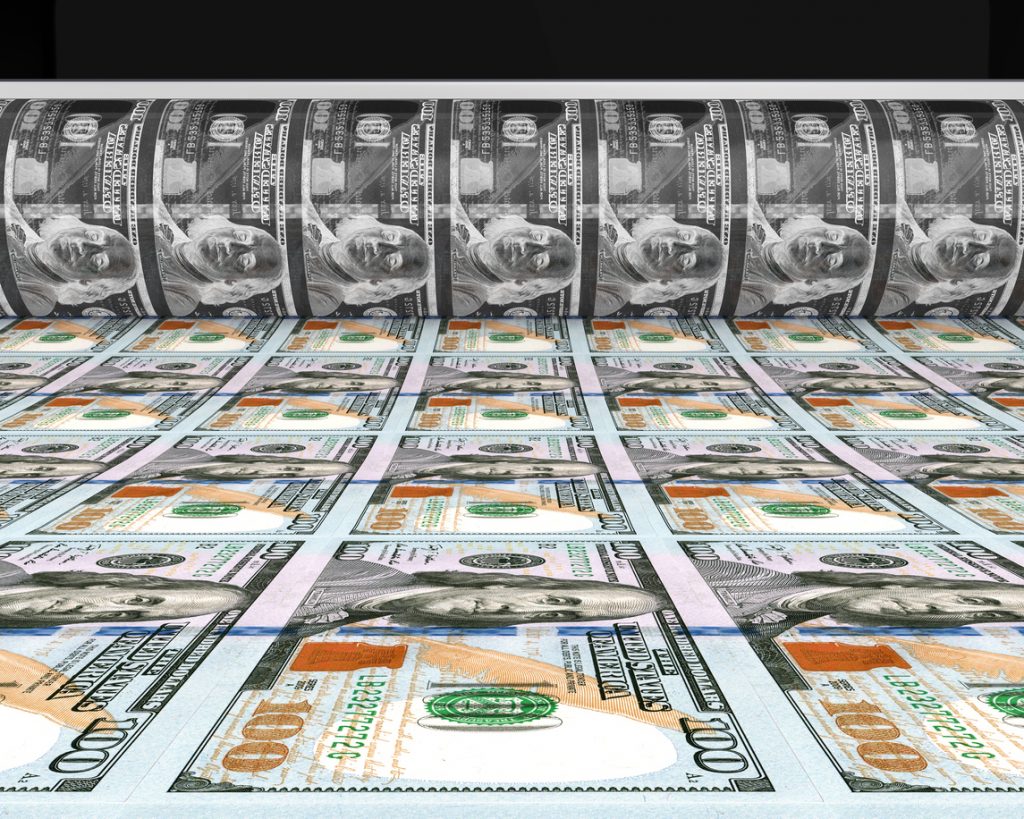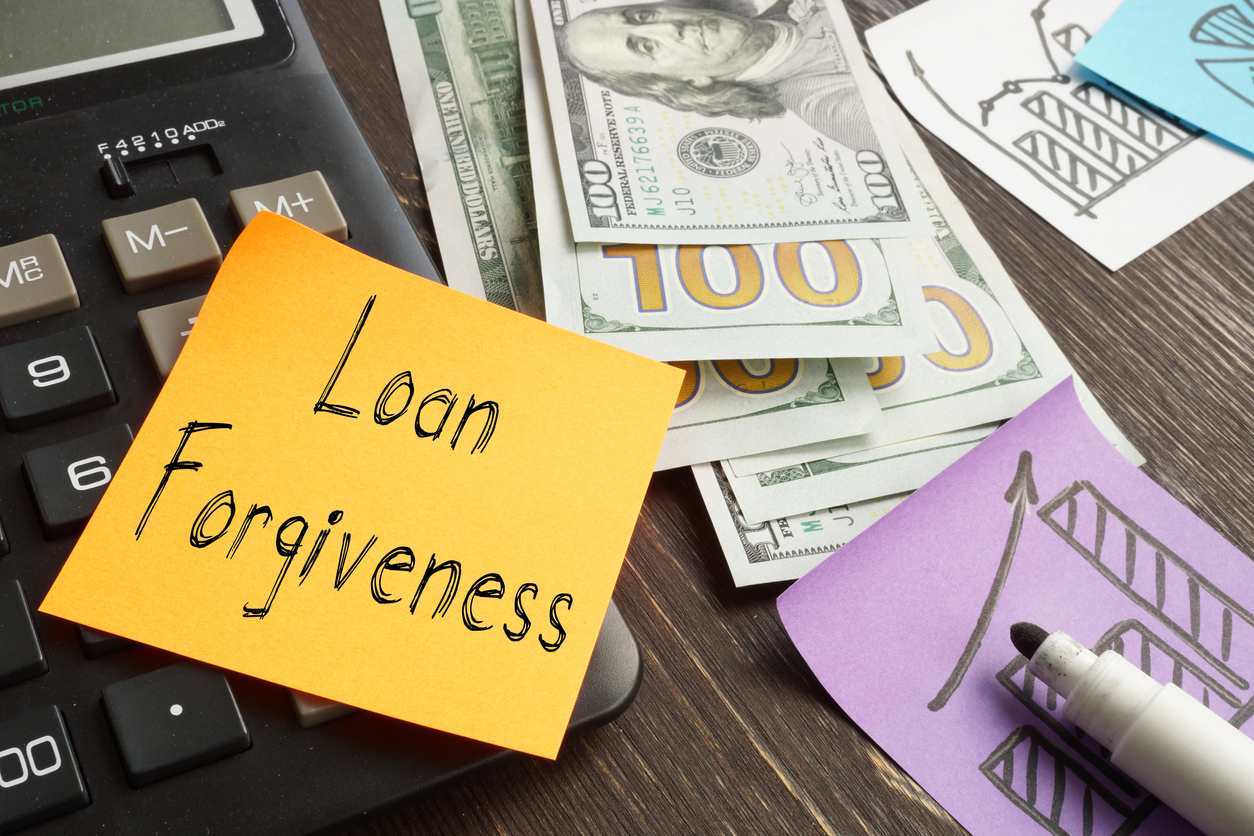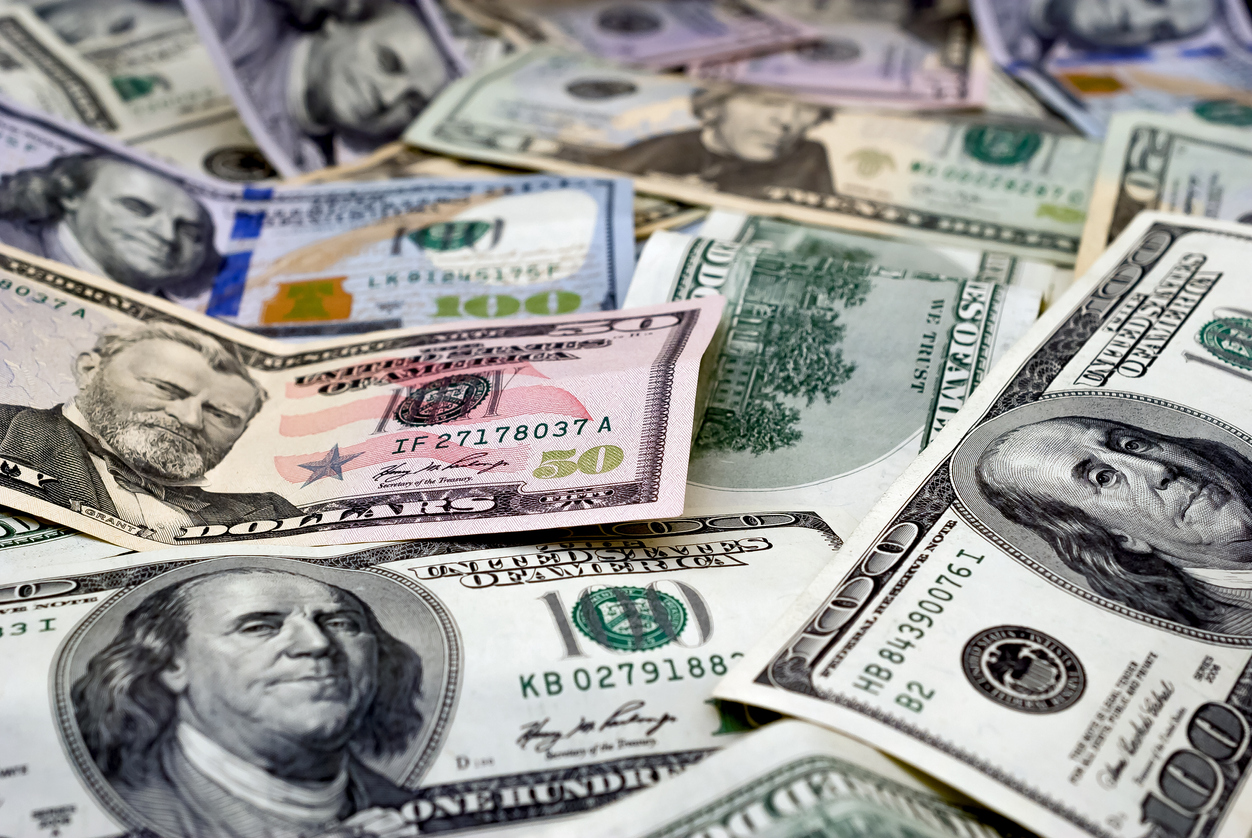
The U.S. annual inflation rate increased to 8.5% for the 12 months ending with March of 2022, the highest since December 1981. In addition, as of May 2, the national average gas price had risen to $4.19 per gallon for regular gas, up from $2.90 a year ago. With inflation, gas prices, and the costs of many other goods and supplies elevated, some state lawmakers are hoping to send direct relief checks to residents to help them with their expenses.
California: $400 Gas Relief Checks
At the end of March, Governor Gavin Newsom (D) proposed an $11 billion relief package for Californians dealing with high gas prices. The proposal includes up to two $400 rebates per vehicle for vehicle owners. The rebate would be in the form of $400 debit cards, and eligibility would be based on vehicle registration, not tax records.
State lawmakers introduced Assembly Bill 1616, which would use $9 billion of the state’s budget surplus, which has soared to a record $68 billion, for direct relief checks. The relief checks would be $400 for every taxpayer in the state, regardless of whether or not they own a vehicle, which lawmakers argued would be enough to cover the 51-cent-per-gallon state gas tax for a whole year for most drivers. Legislative leaders are also working on a proposal to send a $200 rebate out for taxpayers and dependents making under $125,000 for single filers or $250,000 for joint filers.
Georgia: Tax Credit Refund
Governor Brian Kemp (R) signed legislation in late March that provides a tax refund to eligible Georgians. The legislation provides a one-time tax credit for taxpayers who filed income tax returns for 2020 and 2021. Once an individual files their income tax return for the 2021 tax year, the State Department of Revenue will automatically credit them with a one-time “refund.” Refunds are $250 for single or married filing separate filers, $375 for those filing as head of household, and $500 for those married but filing jointly.
Indiana: $125 Refund
In December, Governor Eric Holcomb (R) announced that about 4.3 million state taxpayers would receive a $125 refund after they filed their 2021 taxes. Total funding was estimated at $545 million. In mid-April, Holcomb announced that the refunds would be delivered in the coming weeks. Refunds are expected to begin in early May via direct deposit for those who provided their banking information on their state income tax returns filings. Further, paper checks will be issued throughout the summer with a statewide end-goal of September 1.
Maine: $850 Relief Checks
On April 20, Governor Janet Mills (D) signed the state’s supplemental budget into law. Included in the supplemental budget are $850 direct relief payments to help people deal with the rising costs of inflation.
The funding for the payments results from Maine’s state budget surplus, half of which—$729.3 million—will be delivered to approximately 858,000 people in the form of one-time $850 checks. To qualify for a check, a recipient must file a Maine individual income tax return as a full-time resident by October 31 and not be claimed as a dependent on another person’s tax return. A recipient must also have a federal adjusted gross income of less than $100,000 if filing single or if married and filing separately, $150,000 if filing as head of household, or $200,000 for couples filing jointly.
Mills’ Administration announced the creation of a website to help individuals claim their relief checks.
New Mexico: $500 Relief Checks
In early April, Governor Michelle Lujan Grisham (D) signed legislation to send hundreds of millions of dollars in direct relief to New Mexico households. The total funding is $698 million. Single filers will receive $500, and joint filers will receive $1,000. Further, the funding will be distributed in two equal parts in June and August. Over 1.1 million New Mexicans will benefit from the new funding. The legislation signed by the governor also includes $20 million in economic relief payments to those who do not file taxes, such as seniors whose income is fixed and families whose income is low.
Latest News
Photo credit: iStock.com/Funtap As cryptocurrency continues to shape global financial systems, U.S. states are increasingly introducing legislation to regulate its use. From allowing payments in digital currencies to banning cryptocurrency ATMs, state governments are focusing [...]
Photo credit: iStock.com/TU IS New Hampshire Executive Order Background In February 2022, New Hampshire Governor Chris Sununu (R) issued Executive Order 2022-1, establishing the Governor’s Commission on Cryptocurrencies and Digital Assets. The order noted that [...]
Photo credit: iStock.com/Andrii Dodonov As we discussed previously, on August 24, 2022, President Joe Biden announced a sweeping package of federal student loan relief that forgives as much as $20,000 in loans, a move Biden said would [...]
Photo credit: iStock.com/Sergey Demchenko Many states are ending the 2022 fiscal year with a budget surplus, resulting in significant legislative deliberations about the best way to utilize those funds. During the fiscal year 2021, some [...]






Stay In Touch